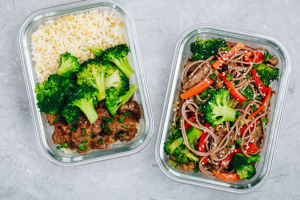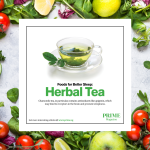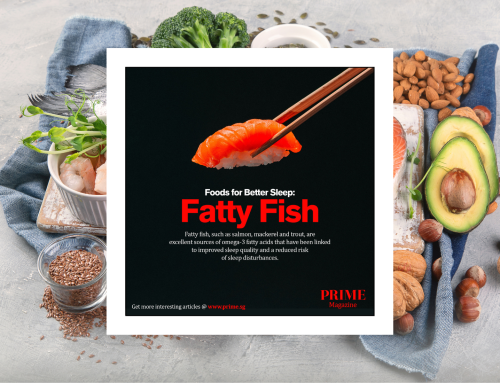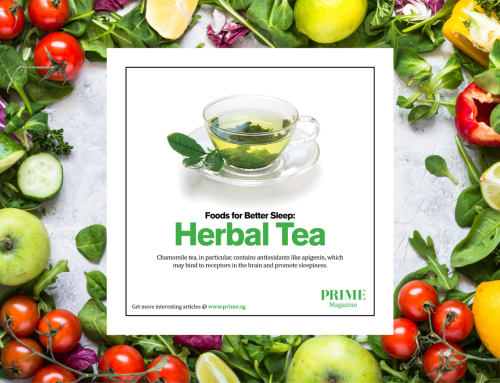
In the realm of aging and nutrition, separating fact from fiction is essential for maintaining a vibrant and healthy lifestyle. Join us as we navigate through a series of thought-provoking questions and unveil the truths behind common misconceptions. From dietary preferences to essential nutrients, this exploration will shed light on the intricacies of food and aging, empowering you with knowledge to make informed and beneficial choices for your well-being. Get ready to challenge your assumptions and embark on a journey of enlightenment, where the nexus of science and health takes center stage.
Question 1: True or false: The older you get, the less likely you are to have a food intolerance.
True/False
Answer: As time passes, our bodies does become less tolerant of certain foods
Question 2: If you are dairy-sensitive to dairy, you can get calcium in your diet from…
a. whole grains and fiber
b. avocados, apples and artichokes
c. spinach, white beans, sardines and
d. olive oil, coconut oil and other healthy fats
Answer: Spinach, white beans, salmon and sardines contain good amounts of calcium.
Question 3: True/False: What is the best eating plan for seniors who want to maintain a healthy weight?
a. a high protein, low carbohydrate diet
b. a balanced diet, such as the Mediterranean diet
c. a very low-calorie diet
d. a high carbohydrate, low fat diet
Answer: To achieve and maintain a healthy weight, practice moderation and enjoy all categories of foods while avoiding processed food. Make sure the largest serving on your plate are vegetables, followed by whole grains and protein. Also, incorporate fruits into your diet.

Question 4: True/False: Healthy fats, in moderation, can help your body…
a. absorb vitamins and minerals
b. build muscle mass
c. stock up on vitamin C
d. absorb vitamins and minerals
Foods such as nuts and fatty fish are rich in healthy fats like good monounsaturated and polyunsaturated fats. These fats help your body take in key nutrients. They are also much needed for the brain.
Question 5: True or False: Noodles is a better option as compared to rice
True/False.
Answer: Choosing to prioritize rice over noodles can be a healthier dietary choice for several reasons. While noodles often contain refined carbohydrates that can lead to rapid spikes in blood sugar levels, rice offers a more stable and sustained source of energy due to its complex carbohydrate composition. Additionally, many types of noodles are highly processed and may lack essential nutrients, whereas rice retains more of its natural nutritional value. Rice also provides a greater sense of fullness and satiety, reducing the likelihood of overeating. Furthermore, rice can be prepared in a variety of ways, including whole grain options like brown rice, which adds beneficial fiber to your diet. In contrast, noodles are often associated with higher calorie and unhealthy fat content, especially in fried or creamy dishes. Opting for rice over noodles not only promotes better blood sugar control and sustained energy levels but also offers a more nutrient-dense and versatile food choice for a balanced and wholesome diet.

6. True/False: You should avoid durian at all costs
True/False
Answer: Durians contain fructose – a type of fruit sugar also found in other fruits. A small durian seed’s flesh contains 8g of carbohydrate, of which is sugar which takes up to 6g. Hence 2 small seeds of durian is equivalent to eating an average slice of papaya or a small apple. Do be mindful of the number of durians, the so-called king of the fruits, consumed. Ideally, you should eat only two seeds each time and keep the rest in the fridge! This is a good method to ensure that one eats in moderation!










